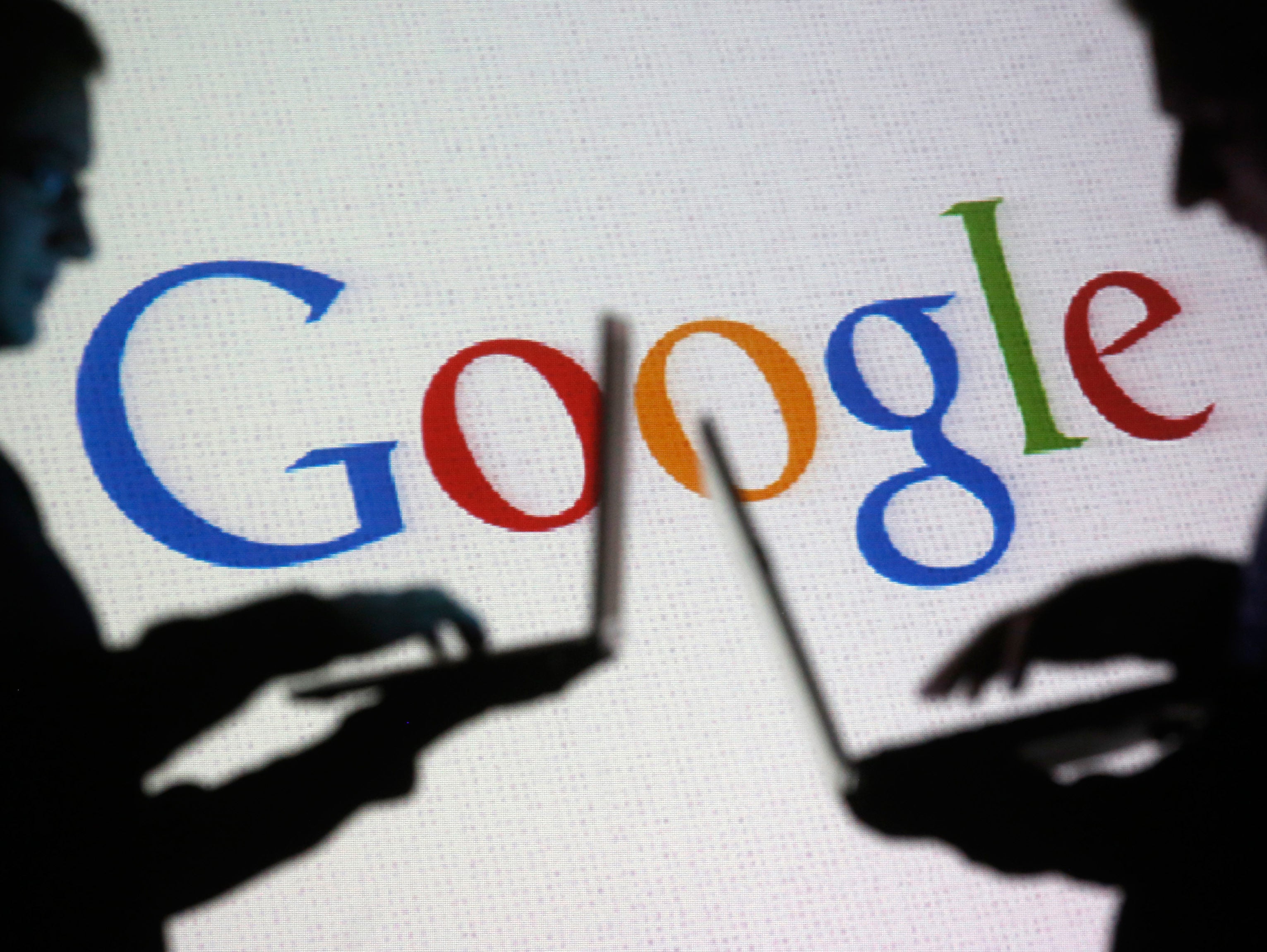
Google has thrown news publishers an olive branch by allowing them to list on its search engine without giving a set amount of content away for free.
The move could help them boost subscriptions whilst retaining more control over their business models.
Google and Facebook are currently taking the majority of the £10bn a year spent on digital advertising in the UK. This is around ten times the total online advertising take from all national and regional newsbrands combined.
Yet the pair are keen to retain professionally-produced content on their platforms and so are both making moves to improve the terms of trade with the news industry around the world.
This latest move will see the scrapping of First Click Free, a system whereby paywalled publishers could list their content on the search engine provided they gave away three free articles per day.
The Wall Street Journal pulled out of First Click Free earlier this year because it was unhappy about the amount of content it was having to give away.
Now Google has announced the launch of Flexible Sampling – which means publishers themselves can decide how much content they give away before readers are told they have to subscribe.
Google vice president for news Richard Gingras said: “People come to Google looking for high-quality content, and our job is to help them find it. However, sometimes that content is behind a paywall.
“While research has shown that people are becoming more accustomed to paying for news, the sometimes painful process of signing up for a subscription can be a turn off. That’s not great for users or for news publishers who see subscriptions as an increasingly important source of revenue. ”
In the longer term Google has promised a “suite of products and services to help news publishers reach new audiences, drive subscriptions and grow revenue”.
Press Gazette’s Duopoly campaign carries the slogan: “Stop Google and Facebook from destroying the news industry”. It calls for the pair to find new ways to return value to news publishers out of enlightened self interest, because otherwise they will squeeze professional content creators out of the market.
Successful paywalled publishers the New York Times and Financial Times are both operating the new system and have been working with Google on its development.
New York Times spokesperon Kinsey Wilson said: “Google’s decision to let publishers determine how much content readers can sample from search is a positive development.
“We’re encouraged as well by Google’s willingness to consider other ways of supporting subscription business models and we are looking forward to continuing to work with them to craft smart solutions.”
Google has recommended that paywall publishers start by offering ten articles per month for free and then varying the meter as required.
It offers more details on its Webmaster blog and guide to Flexible Sampling.
Gingras said: “Try before you buy underlines what many publishers already know—they need to provide some form of free sampling to be successful on the internet. If it’s too little, then fewer users will click on links to that content or share it, which could have an effect on brand discovery and subsequently may affect traffic over time.”
Google has also said it plans to help solve barriers to subscription, like the “hassles” of registering on a site, remembering multiple passwords and enterting credit card information.
Gingras: “As a first step we’re taking advantage of our existing identity and payment technologies to help people subscribe on a publication’s website with a single click, and then seamlessly access that content anywhere— whether it’s on that publisher site or mobile app, or on Google Newsstand, Google Search or Google News.
“And since news products and subscription models vary widely, we’re collaborating with publishers around the world on how to build a subscription mechanism that can meet the needs of a diverse array of approaches—to the benefit of the news industry and consumers alike.
“We’re also exploring how Google’s machine learning capabilities can help publishers recognize potential subscribers and present the right offer to the right audience at the right time. ”
FT chief commercial officer Jon Slade said: “It’s extremely clear that advertising alone can no longer pay for the production and distribution of high quality journalism—and at the same time the societal need for sustainable independent journalism has never been greater.
“Reader-based revenue, aka paid-content, or subscription services, are therefore not just a nice-to-have, but an essential component of a publisher’s revenue composition.
“The Financial Times is welcoming of Google’s input and actions to help this critical sector of the media industry, and we’ve worked very closely with Google to aid understanding of the needs that publishers have and how Google can help.
“That mutual understanding includes the ability to set controls over the amount of free content given to readers, a level playing field for content discovery, optimised promotion and payment processes. It is important that we now build and accelerate on the discussions and actions to date.”
Gingras said: “We are just getting started and want to get as much input from publishers—large, small, national, local, international—to make sure we build solutions together that work for everyone.”
Google chief business officer Philipp Schindler: “For the last few years both Sundar [Pichai, chief executive] and I have spent a lot of time with publishers talking about where we can bring value and help them meet the challenges of the digital world.
“Lately the big ask from publishers is how Google can do more to support paid content and subscription business models. And as we invest heavily to help publishers grow subscription revenue, the feedback I am hearing from them is that this is a positive step forward and a welcome signal that we’re all in.”
Email pged@pressgazette.co.uk to point out mistakes, provide story tips or send in a letter for publication on our "Letters Page" blog
